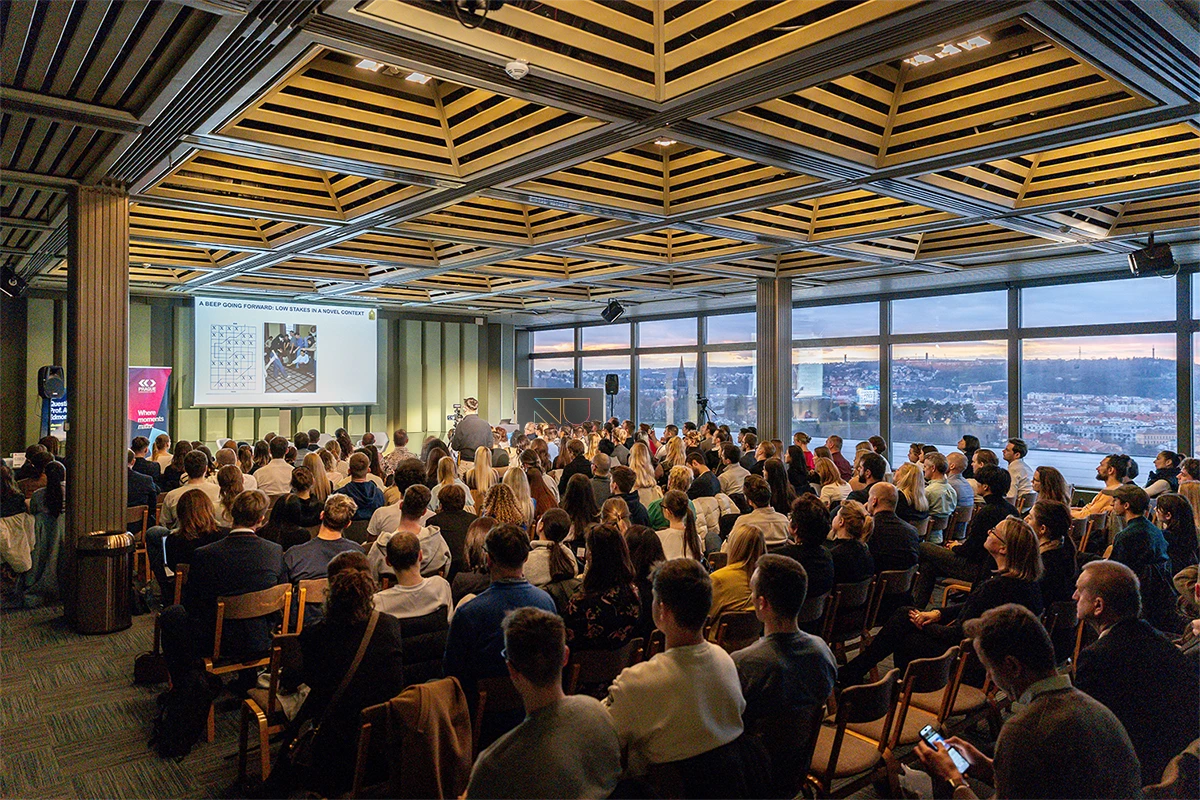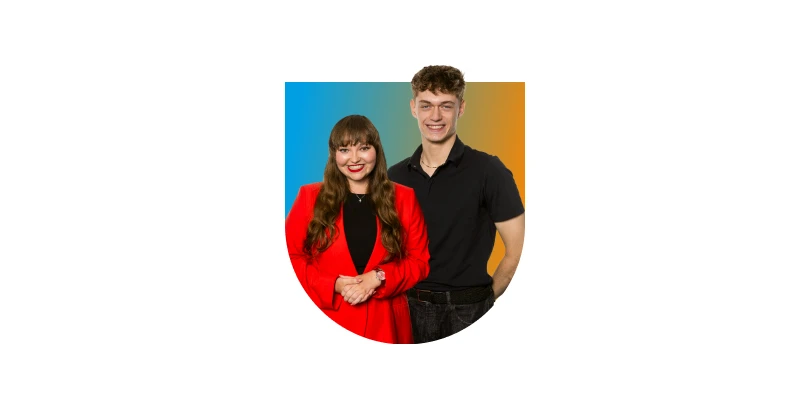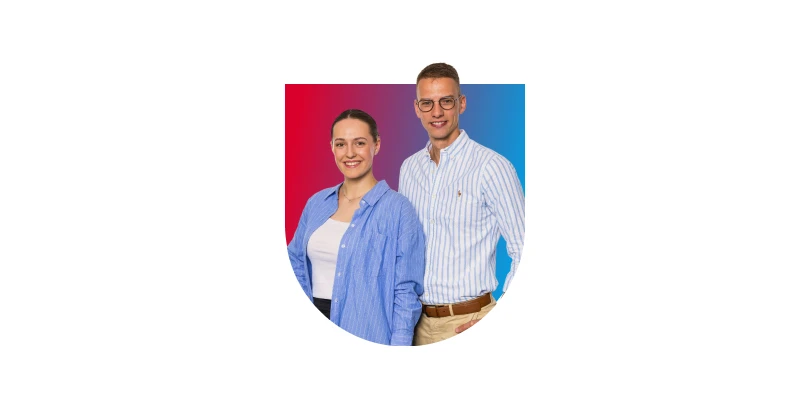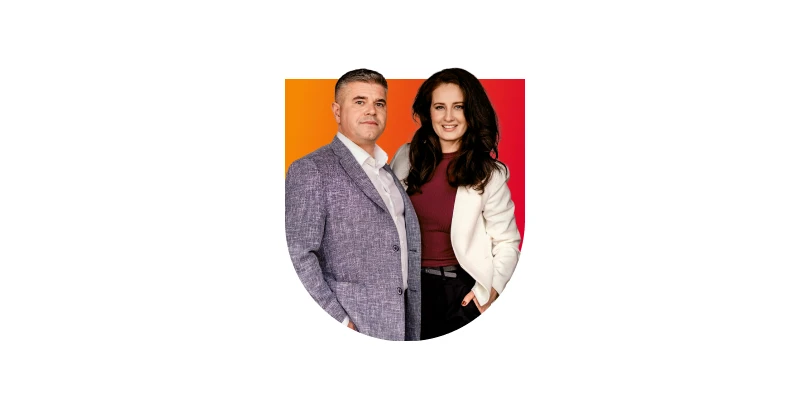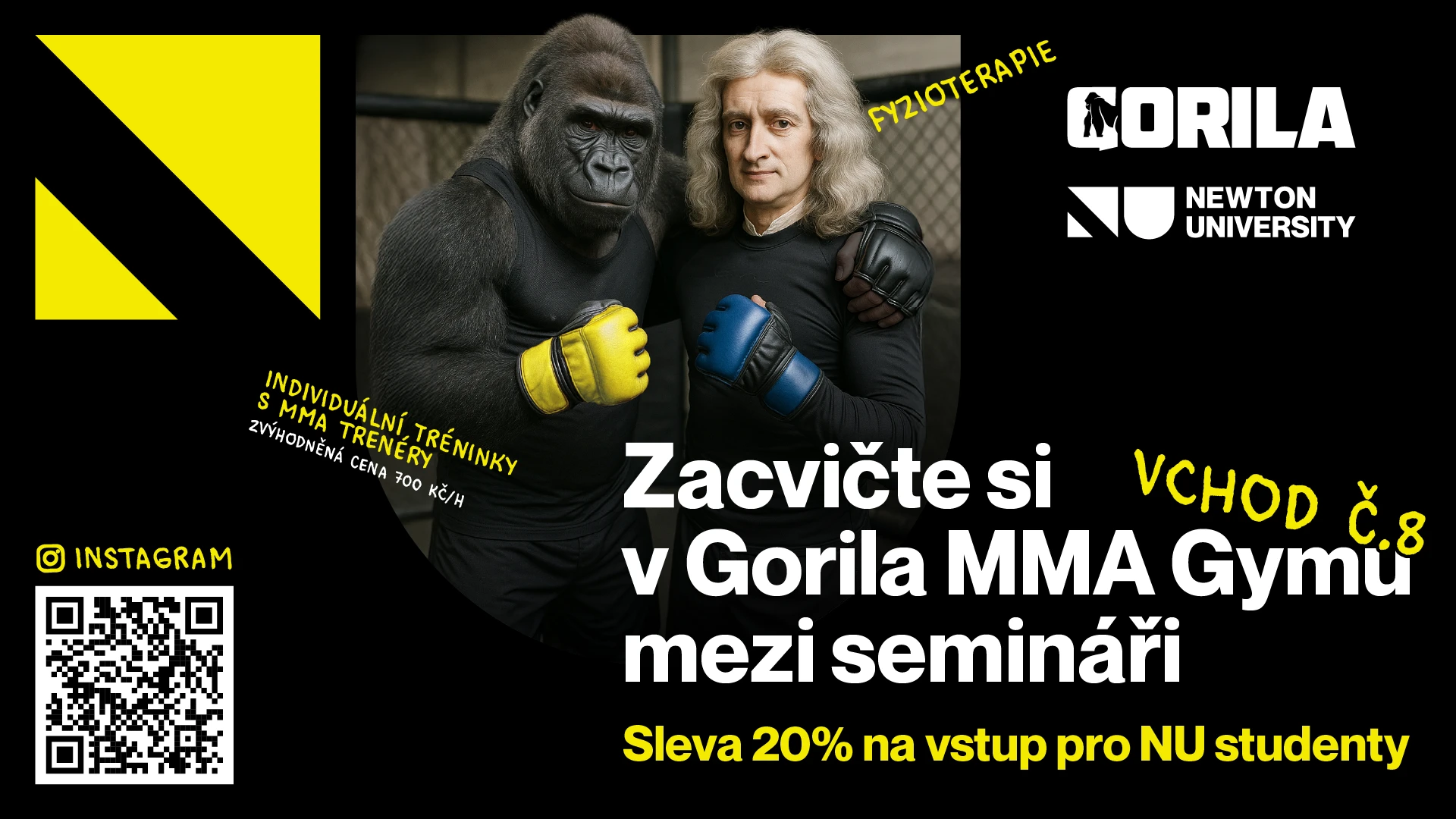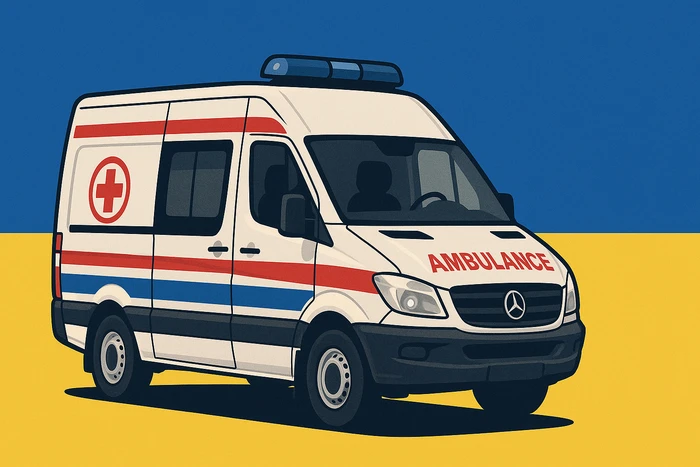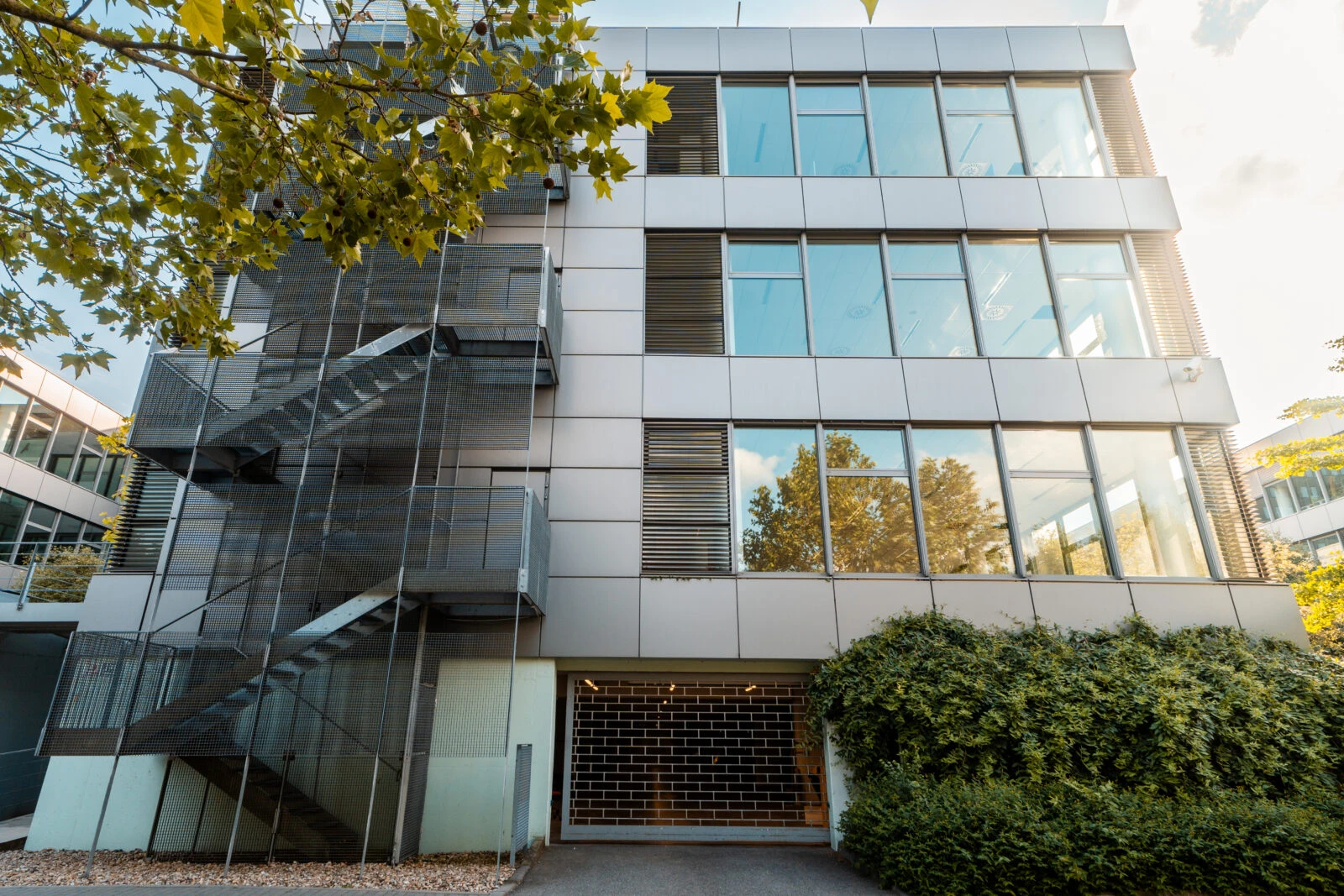Jan Smola on the podcast ÚSPĚŠNÍ.
A new episode of the ÚSPĚŠNÍ podcast is now online. The guest is Jan Smola, CEO of HELUZ GROUP, who worked his way up from the production floor to the head of the entire group. He openly describes what it is like to lead a large company in an industry that regularly experiences fluctuations, where growth can quickly turn into stagnation. The discussion covers crisis management, energy prices, sustainability, and the future of housing. You can already listen to the new episode on Spotify or YouTube.

